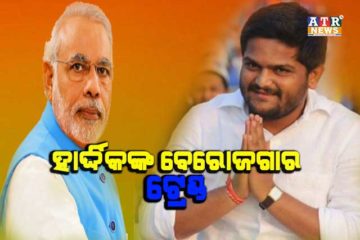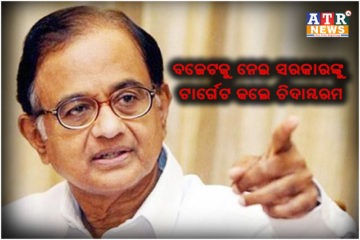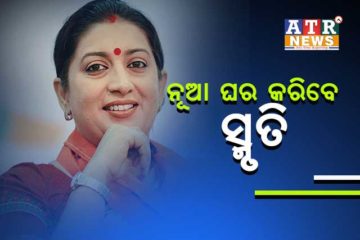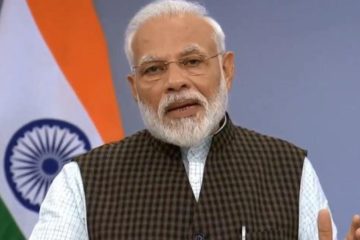New Delhi: Karnataka, where the Congress and the BJP are set to clash for major sweepstakes ahead of the next year Lok Sabha polls, will vote on May 12 in a single-phased poll to elect its new assembly.
The results will be declared on May 15, Chief Election Commissioner O.P. Rawat announced on Tuesday.
The date of notification is April 17 and nominations can be filed till April 24. The scrutiny of nominations will take place on April 25 and the last day for withdrawal is April 27.
The 224-member Assembly expires on May 28 in the state where the Congress is currently in power, with 122 seats against the BJP’s 43.
The BJP views Karnataka as a gateway to the south where it is looking to widen its base and increase its haul of Lok Sabha seats in 2019. It had been in power in Karnataka from 2008 to 2013.
The Congress has announced incumbent Chief Minister Siddaramiah as its chief minister candidate while the BJP is projecting former Chief Minister B.S. Yeddyurappa as its face.
Minutes before Chief Election Commissioner Rawat announced the schedule of the polling and counting, Bharatiya Janata Party’s IT cell head Amit Malviya had tweeted the dates of the poll and counting day, sparking a row.
When questioned by the media about the “leak” of poll dates, Rawat first dismissed Malviya’s tweet as “conjectures” but later said the commission would investigate the matter and take appropriate action.
“People can have conjectures. You cannot stop conjectures. Let me announce the dates and see if they are the same…But certain things may have leaked for which the EC would take appropriate action,” he said.
However, as he announced the dates, it turned out that the scheduled date of polling – May 12 – was the same as tweeted by Malviya. The date of counting was different though.
“Definitely, it will be investigated and when investigation delivers certain facts fix responsibility and whatever action legally and administratively befitting the occasion will be taken. Please rest assured.”
However, Malviya wrote to the poll panel clarifying that he had picked the dates from a news channel report and also attached the screenshots of the report.
It also turned out that Congress party’s Karnataka unit’s social media in-charge, Srivatsa, had also tweeted the same dates at around the same time as Malviya, that is, 11.08 a.m. The poll panel announced the schedule around 11.20 a.m.
Rawat said the model code of conduct would come into effect immediately in the state which will also be applicable to the central government.
Rawat said VVPAT machines, apart from EVMs, will be deployed in Karnataka for the polls.
“VVPATs will be used along with EVMs in all 56,696 polling stations of 224 assembly constituencies of Karnataka. On a pilot basis, VVPAT from one polling station in each assembly constituency will be randomly selected to count VVPAT paper slips for verification of the result obtained from the control unit,” Rawat said.
He said the First Level Check of EVMs and VVPATs has been completed in the presence of representatives of political parties. A two-stage randomization of EVMs and VVPATs will also be done.
The election expenses ceiling for candidates has been fixed at Rs. 28 lakh per candidate for Karnataka though there is no expenditure ceiling for political parties, he said.
He said webcasting at identified critical stations for live monitoring of election process, to keep a check on illegal activities such as booth capturing, money distribution and bogus voting etc will also be done.
All registered service voters will be delivered e-postal ballot of their respective constituency through electronically transmitted postal ballot (ETPBS), which will be printed and after casting the vote will be sent back to the Returning Officer by post.
In a first, one all-women managed polling station in each assembly constituency would be set up where the entire polling staff, including the police and security personnel, will be women.
Rawat also appealed to Karnataka’s IT professionals to lend a helping hand in preventing any “malicious, divisive or targeted social media campaigns connected with any harvesting of data etc”.
(IANS)






